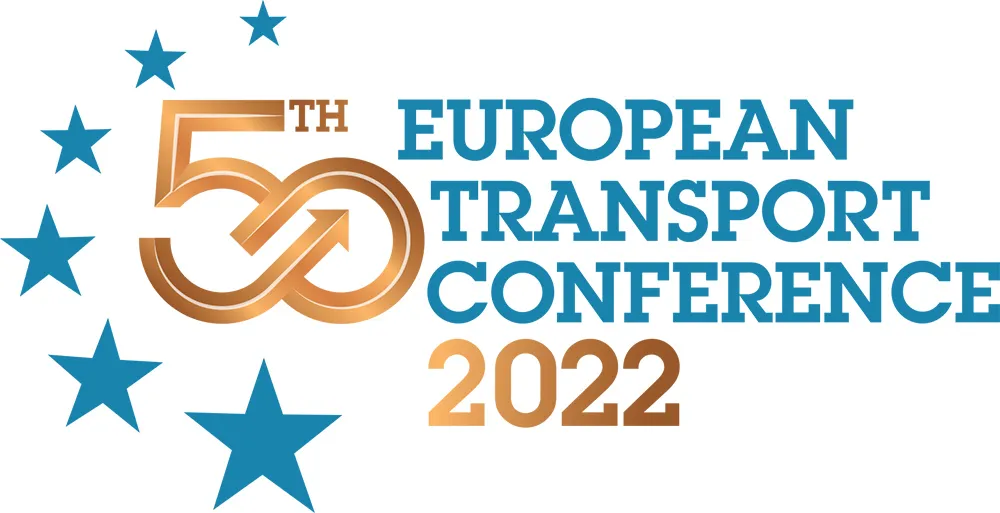
The European Transport Conference (ETC) is the annual conference of the Association for European Transport, attracting transport policy makers, practitioners and researchers from all over Europe and beyond. ETC offers in-depth presentations on policy issues, best practice and research findings across the broad spectrum of transport. ETC also provides an opportunity where delegates can enjoy networking opportunities, participate in technical visits, and explore the exhibition.
ETC 2022 Return to a live event
In the last two years of the Covid pandemic AET has organized two successful multi-stream online ETC conferences that were positively evaluated by the attendees. However, as we know a key value of ETC is in the networking opportunities and the ability to make new connections and reaffirm old professional friendships. There is no substitute for those impromptu encounters during coffee breaks when discussion among delegates generates new ideas and contacts.
This year the conference takes place at the Bovisa Campus of Politecnico di Milano and we are very much looking forward to our special anniversary event!
The 2022 conference will be a special occasion - it will be the 50th to be held.
ETC main theme:
“Behaviour Change – the impacts of the climate emergency and COVID-19 on long term travel patterns”.
There will be some reflection on the development of transport planning since the early 1970s but the main focus will be on the future and how the profession can respond to the challenges of climate change and of life post-Covid.
Some highlights we hope to feature include:
- Behaviour Change – the impacts of the climate emergency and COVID-19 on long term travel patterns
- Covid recovery – funding and financial sustainability of public transport
- The future of cities – emerging new travel and land use patterns
- The future of aviation – compatibility of recovery and sustainability
- Travel data – When will new travel patterns be stable enough to inform modelling and forecasting










